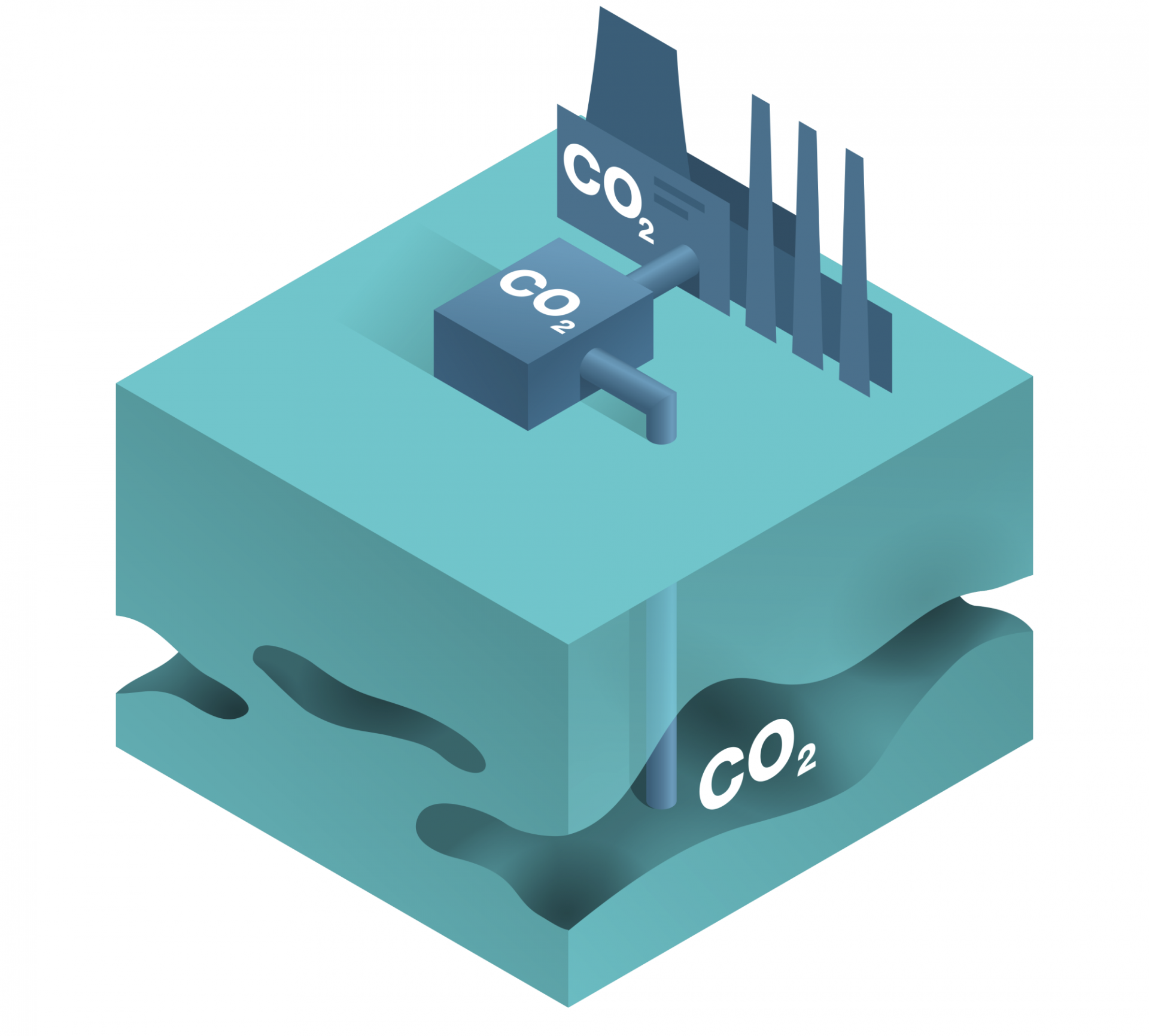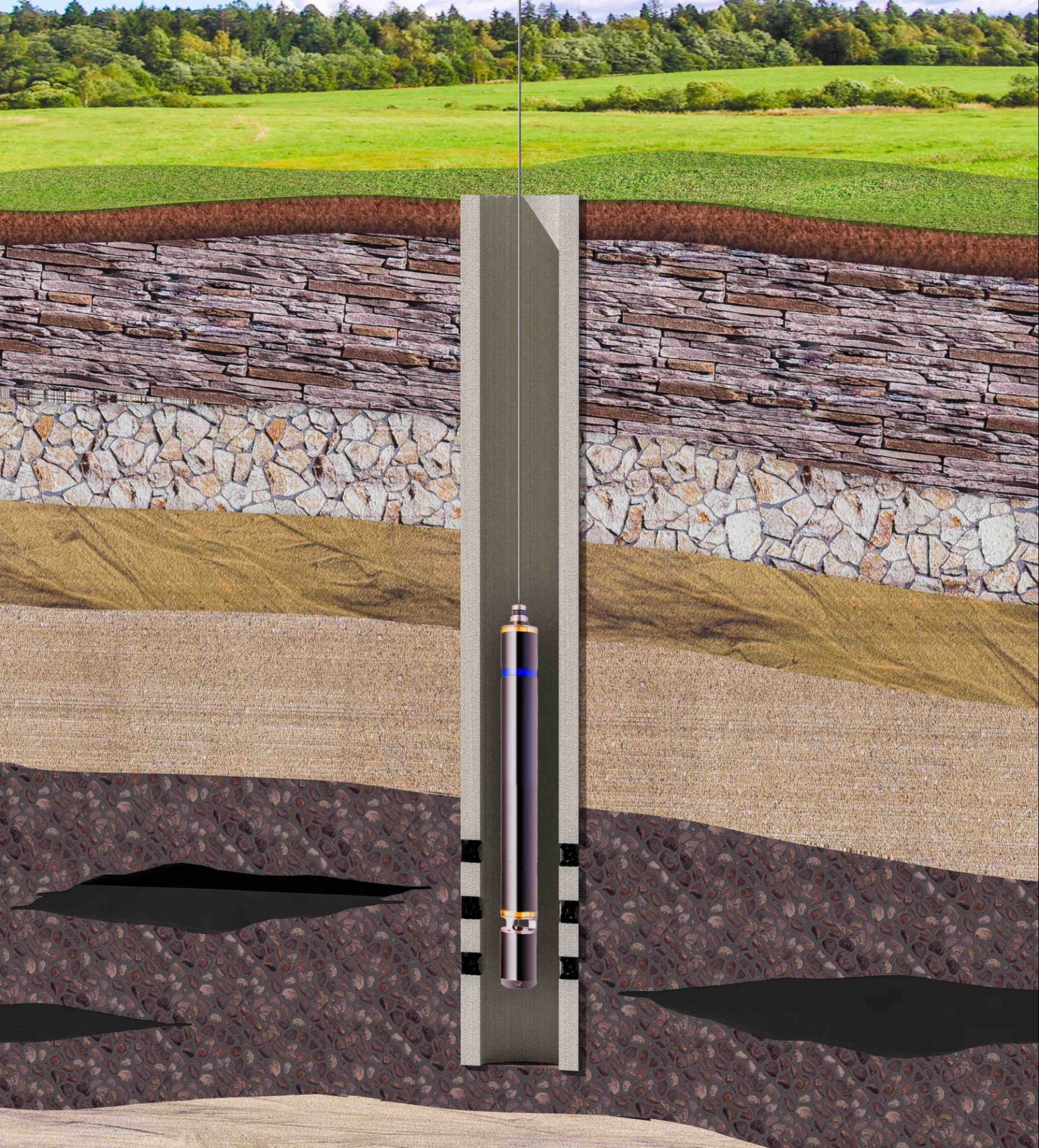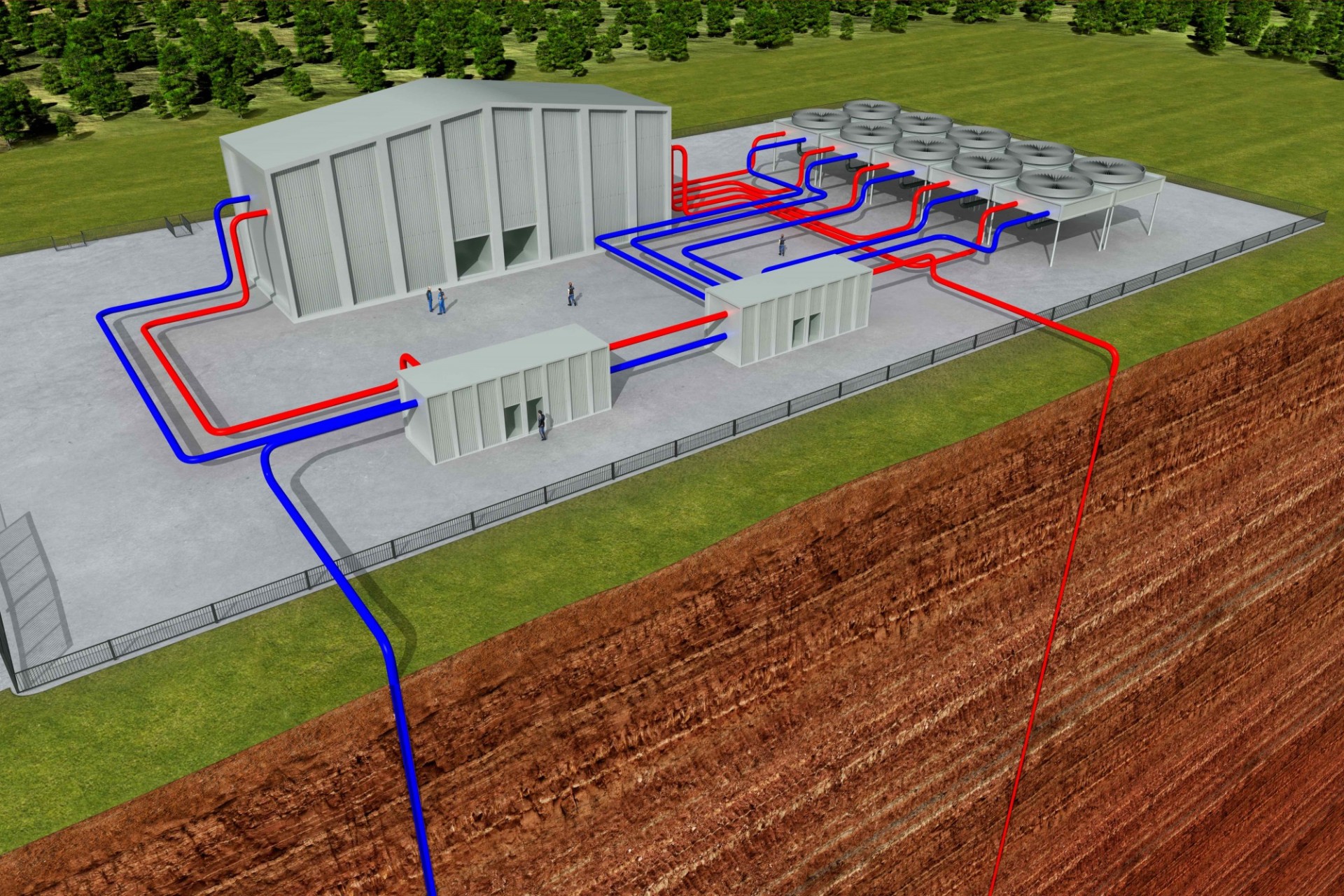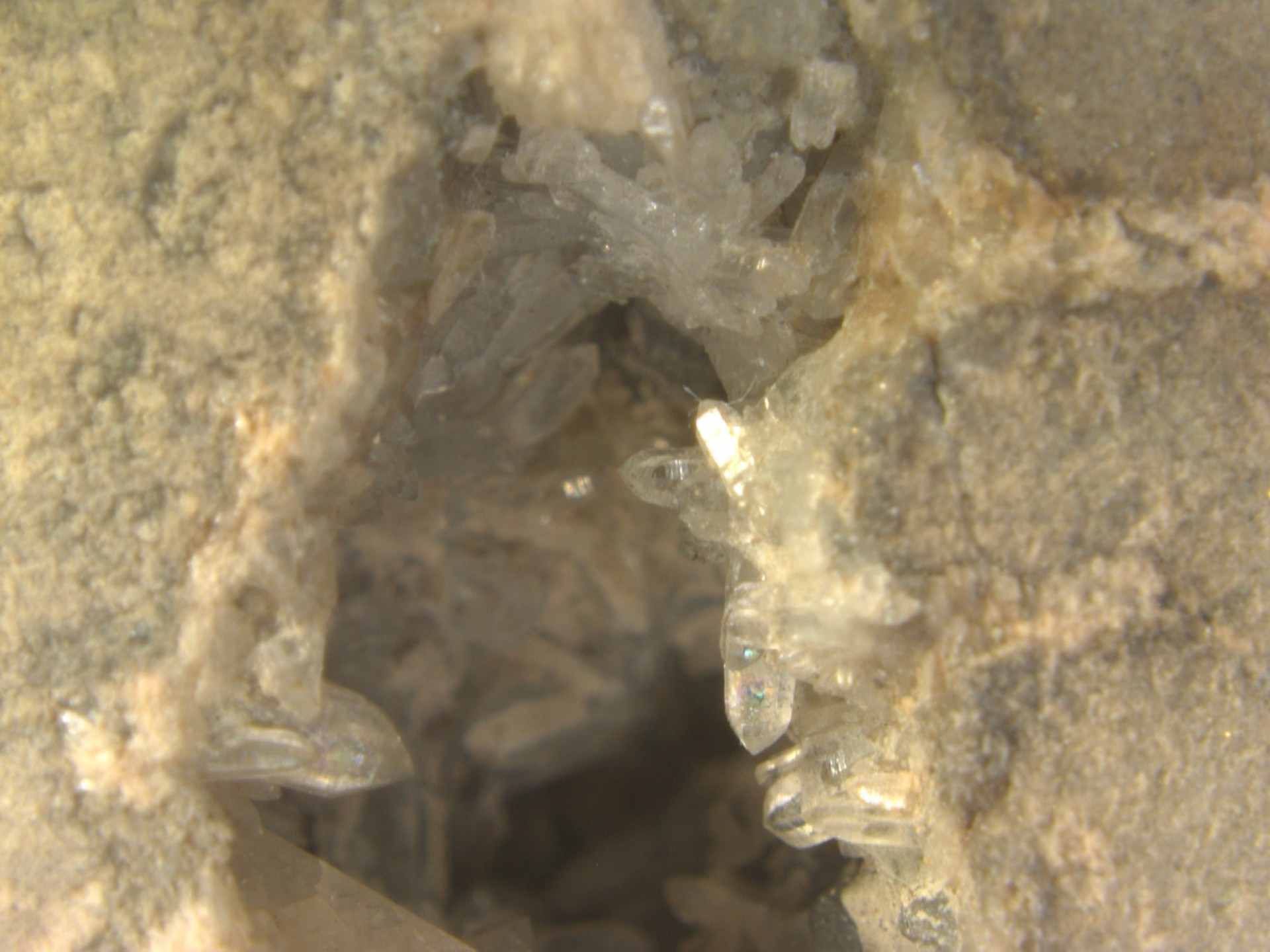What we work on
in situ and ex situ porous media systems have heterogeneity at the micro-scale (varied mineralogy, pore-space morphology, and surface chemistry) and macro-scale (varied stratigraphy, fractures, etc.). The role of heterogeneity, unconventional transport mechanisms, and fluid-solid interactions on fluid flow is especially critical in the long-term success of sequestration processes such as carbon storage and mineralization and subsurface energy production processes.
Applications
Fluid storage & containment | Low-waste resource production

Surface and subsurface rocks

EOR/IOR, water use strategies

Fracture conductivity and leak-off

Hydrogen storage, enhanced weathering, aquifer remediation, deep nuclear waste storage, etc.
How we innovate (methods & tools)
- Sample prep studies (initial conditions)
- Synthetic cores prep (standards)
- Pore size distribution and connectivity
- Wettability characterization
- Mineralogy and pore/grain morphology (reactive and accessible surface area)
- Petrophysics (connecting core/geologic and reservoir engineering data)
- Bespoke special core analysis (SCAL)
- Capillary pressure, imbibition & drainage
- Relative permeability
- Advection and diffusion
- Nano-confinement mechanisms
- Applied microfluidics and nanofluidics
- Reactor experiments
- Fracture-to-matrix transport (leak off)
- Digital core analysis
- Computational fluid dynamics (CFD)
- Pore-scale modeling
- Reservoir-scale modeling
- Predictive models
- Multimodal collocation
- Optical and electron microscopy
- Time-lapse multiphase flow
- Image analysis
To isolate fluid flow mechanisms, we design solutions that collocate experiments, modeling, and imaging and link our results to field data and scenarios.
News
January 10, 2023
Assistant Professor Shaina Kelly Awarded the Provost’s Grants Program for Junior Faculty who Contribute to the Diversity Goals of the University Grant
More details can be found at the department announcement and Provost's Junior Faculty Grants page.
July 01, 2022
